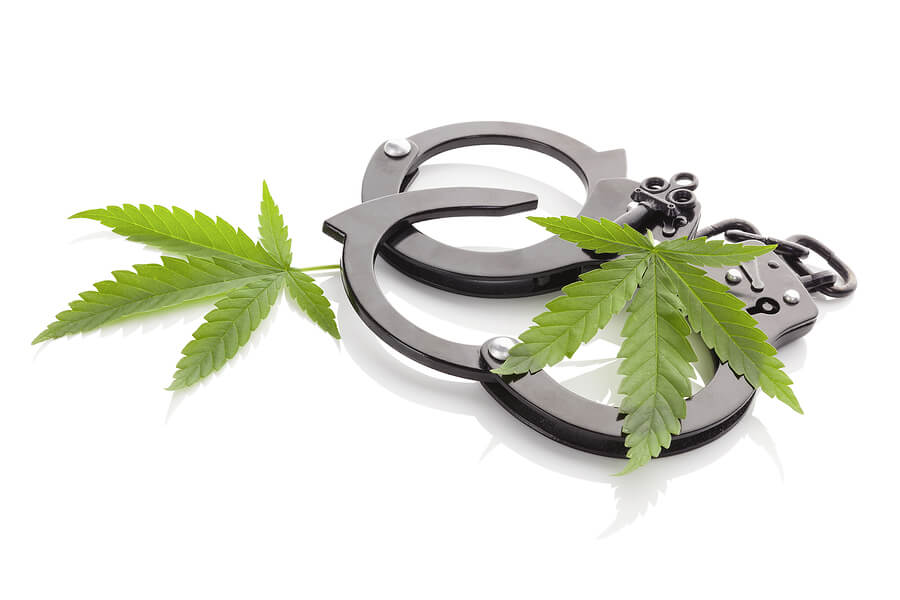February 7, 2018
Marijuana laws are changing in several states across the country. As laws change, it is not unusual to become confused with how marijuana laws impact you.
According to federal law and the Controlled Substance Act, marijuana possession is illegal. Some states, however, have passed laws that make the recreational or medical use of marijuana lawful; in some states, both uses are permitted while others continue to prohibit any practice. Still, federal law does trump state law and the federal government can enforce possession laws.
Florida law prohibits the possession of marijuana unless for authorized medical use. An individual in possession of marijuana—if not for prescribed medical use—can be charged with either a misdemeanor or even a felony, depending on the amount in which he or she is in possession. For example, possession of less than 20 grams of marijuana is considered a first-degree misdemeanor.
What Is Possession?
Florida’s laws on marijuana make possession of non-medically prescribed marijuana unlawful. But how is possession defined? Possession is defined as the ability to exercise the right of ownership, management, or control over the marijuana.
Moreover, possession can be either actual or constructive. Actual possession occurs whenever an individual is either holding the marijuana or is within close proximity of the drug and is able to control the drug. Constructive possession occurs whenever the marijuana is not on an individual’s physical person but is in a location which he or she has both knowledge and dominion or control.
Proving Possession of Marijuana
In order to be convicted of possession, the state must prove that possession occurred. To prove its case, the state must prove the following three elements:
- Actual or constructive possession occurred
- The substance was, in fact, marijuana
- The defendant had knowledge of the presence of the substance
Only if all three elements are proven can there be a conviction for possession of marijuana. Still, someone found to be in possession of marijuana may have a valid defense. A skilled attorney may be able to help.
Penalties for Possession of Marijuana
An individual found to be guilty of possessing marijuana can receive penalties as a result. The severity of the penalty will depend on a variety of factors including the quantity in possession and how many times the offender has been arrested for this charge.
An individual found to be in possession of under 20 grams of marijuana can be fined up to $1,000 and receive one year of probation or spend up to one year in jail. Possession in excess of 20 grams can result in a larger fine and up to five years in jail. In addition to fines and jail time, you may lose your driving privileges for possession of marijuana.
Medical Marijuana
Although Florida law maintains that it is illegal to possess marijuana, it does make an exception for doctor-prescribed medical marijuana. A Florida doctor may prescribe marijuana for medicinal purposes to treat certain illnesses. Possession of medical marijuana without a prescription is still a crime.
Contact a St. Petersburg Criminal Defense Attorney
Marijuana remains a controversial topic in Florida. Although states are now legalizing the recreational use and possession of marijuana, Florida does not allow individuals to possess marijuana if not for medical purposes. If you have been charged with possessing marijuana, seek experienced legal counsel. Here at Khonsari Law Group, our criminal defense attorneys are ready to help. Schedule your initial consultation with us by calling (727) 269-5300 or writing us online today.


